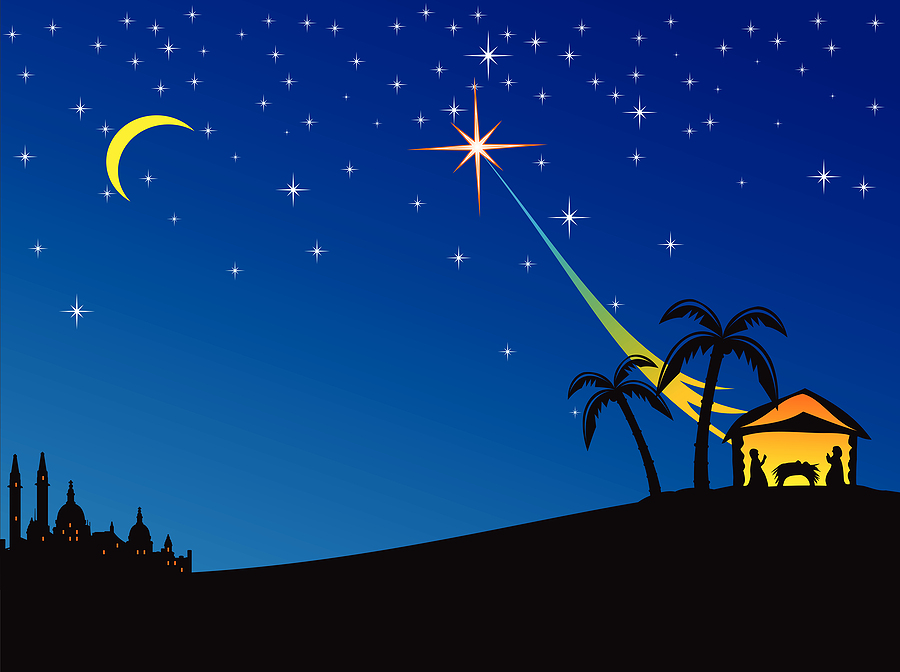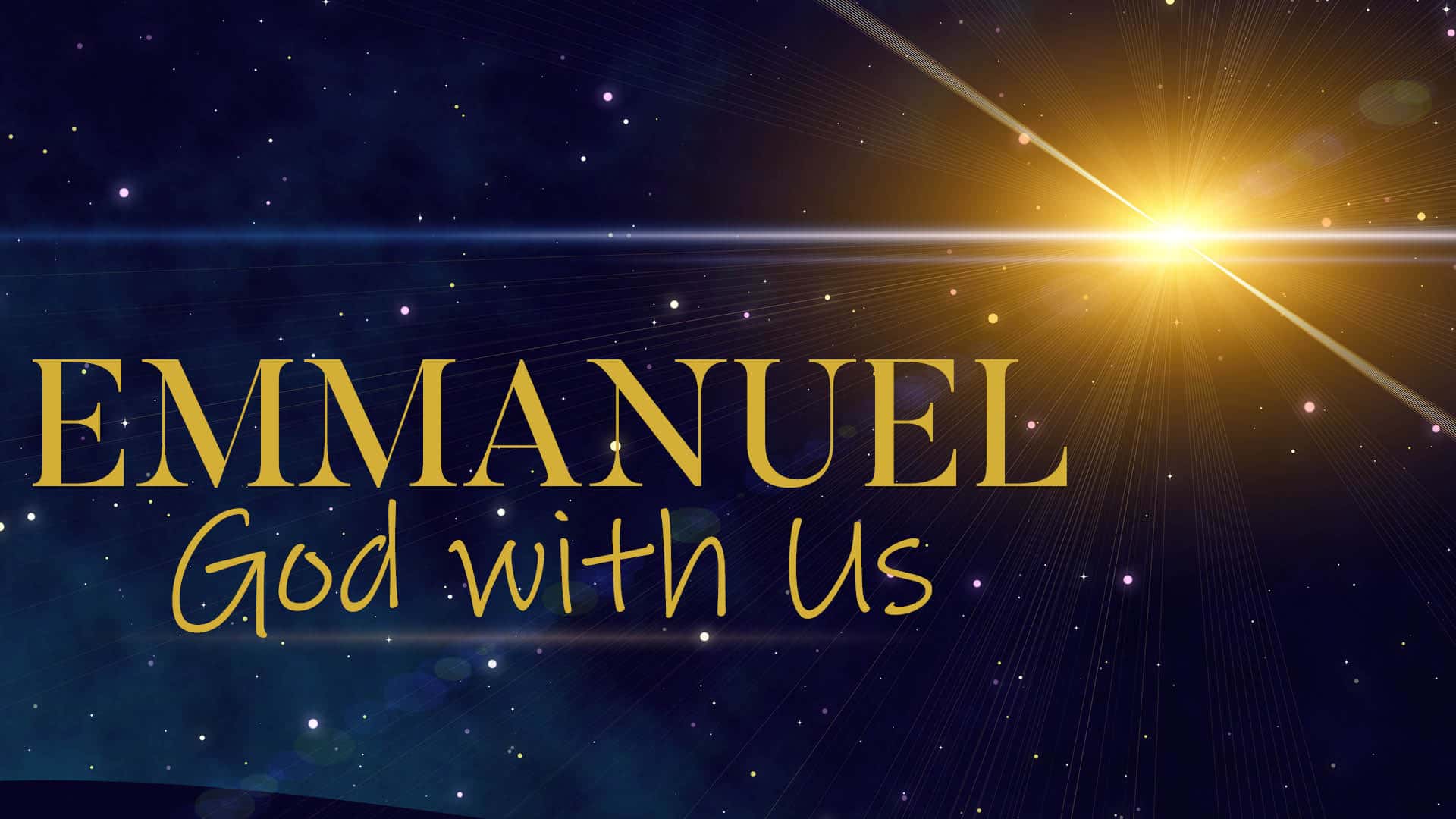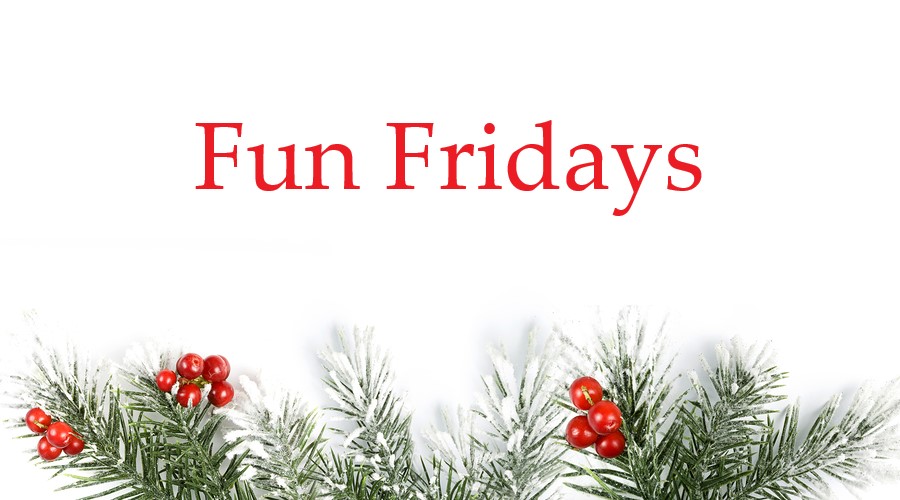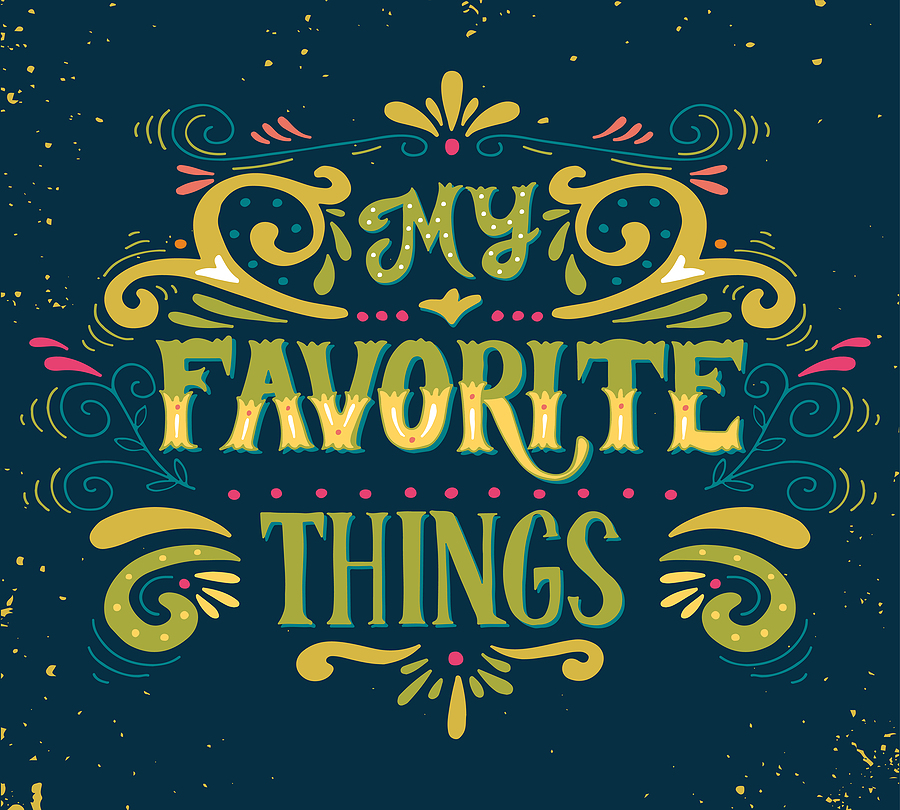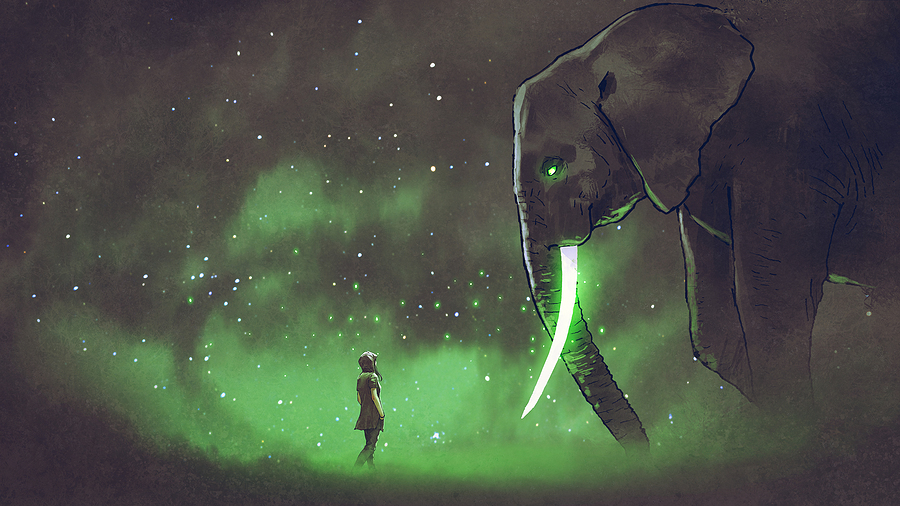I have a couple of big announcements. If you have been wondering why there hasn’t been a new episode in a few weeks I have a good reason. Announcement #1: New Baby! We just had a baby! Jack Umstattd was born on December 23rd weighing 9 pounds 10 ounces. Both he and my wife are […]
You can listen to this episode Big News! on Christian Publishing Show.


